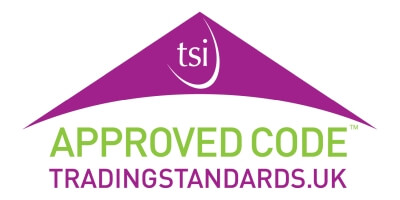
Phone
01634 310339
Email
info@freemanandgray.com
Opening Times
Monday – Friday 09:00 – 18:00
Saturday 09:00 – 17:00
Sunday Closed
Saturday 09:00 – 17:00
Sunday Closed


